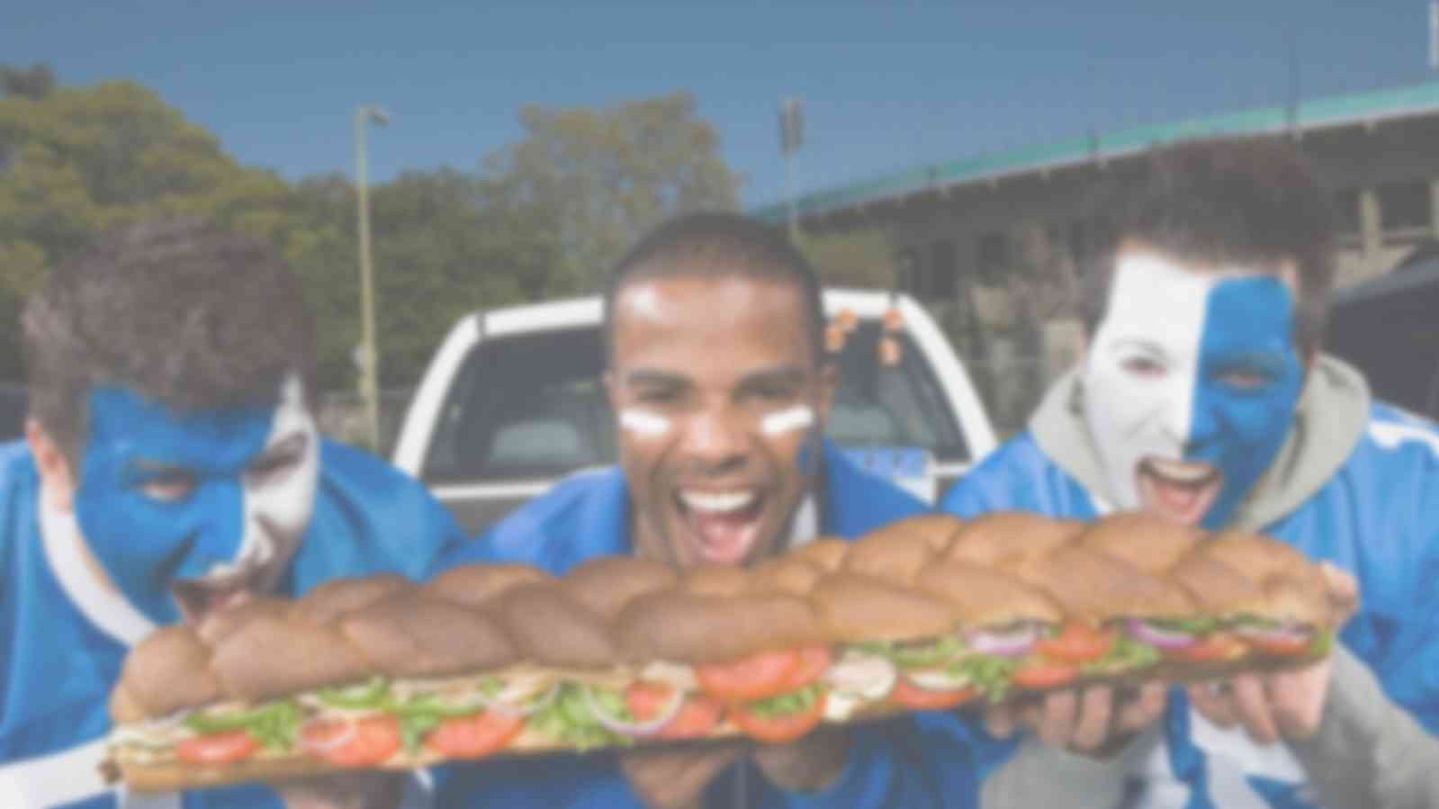Story highlights
Researchers found that heart rates peaked during scoring opportunities and overtime
There have been 39 stadium deaths in professional sports over the past decade
With baseball playoffs starting, the football and hockey seasons upon us and basketball season waiting in the wings, sports fans are in ecstasy. September and October are the only months in which you can watch all four of those major American professional sports.
But can all the excitement land you in the hospital?
Just ask Steven Clary. Last year, his Atlanta Falcons finally made it back to the Super Bowl after falling short for 17 years. The Falcons were up 28-3 at halftime. Clary and his friends were feeling good until the New England Patriots began an epic comeback.
Clary’s bad mood turned into a medical issue. His blood pressure began to rise, and by the time his team lost the game, he was in the hospital with chest pain.
Clary and his wife, Carla, walked into an empty emergency room, but within 15 minutes, it was full. The nurse practitioner on duty told them it was not uncommon for the ER to get busy after big games. High blood pressure and injuries, such as broken bones, bruises or bloody falls, usually fill the waiting room during a busy season.
This scene is familiar to Dr. Darria Long Gillespie, an ER doctor, author of the upcoming book “Mom Hacks” and a clinical assistant professor at the University of Tennessee School of Medicine.
She used to be a doctor at Fenway Park during Boston Red Sox games. “I had a behind-the-scenes view of fans at the game,” she said, recalling patients with heart attack symptoms, chest pains, high blood pressure and injuries.
Is rooting for your team bad for your health? A 2017 study published in the Canadian Journal of Cardiology suggests that the thrill of victory and the agony of defeat can have a substantial effect on the cardiovascular system. Researchers found that heart rates peaked most often during any scoring opportunity – for or against your team – and during overtime.
Of course, the thrill of a game is part of the thrill of being a fan, but Gillespie cautions “to make sure the game does not distract you from your health.” She shared these recommendations to ensure safety while you cheer on your team.
Avoid binge drinking. According to a study conducted by the National Institutes of Health, over time, heavy alcohol consumption can lead to heart problems. Subsequently, large amounts of alcohol and the pressure of cheering for your team may have your blood pressure rising.
Instead of standing in the stands, you may end up sitting in the ER.
Drink plenty of water. Gillespie said water can help dilute alcohol, and the Mayo Clinic explains that staying hydrated can help avoid the risk of hypertension. Next time you’re watching the game, make sure you’re drinking water along with any other favorite beverages.
Don’t forget to take your medicine. Lots of people Gillespie treated at Fenway simply forgot to take their medication before or during a game. “Follow your same everyday rules to keep your body in its normal condition,” she advised; not taking medicine can even be deadly.
Be careful not to overeat. Lisa Drayer, a nutritionist and CNN contributor, suggests determining your “end zone” in advance. It’s easy to overeat during a game, especially with a lot of salty and processed food. Decide at which point during the game you will stop eating, Drayer suggests. The combination of unhealthy foods, alcohol and the excitement of the game can lead to high blood pressure associated with an increased risk of heart attack or stroke.
Get CNN Health's weekly newsletter
Sign up here to get The Results Are In with Dr. Sanjay Gupta every Tuesday from the CNN Health team.
Watch your step. The enthusiasm of a sports game combined with a cold beer can impair decision-making. According to the National Center for Spectator Sports Safety and Security, there have been 39 stadium deaths in professional sports over the past decade. Please watch your step – and not the game – while you’re walking at the field or stadium.
Spectator sports have been part of the American fabric since it was stitched together more than 250 years ago. They bring together all races, genders and ages to cheer a team to victory. But be sure to also monitor your health and behavior to stay safe while spectating.



